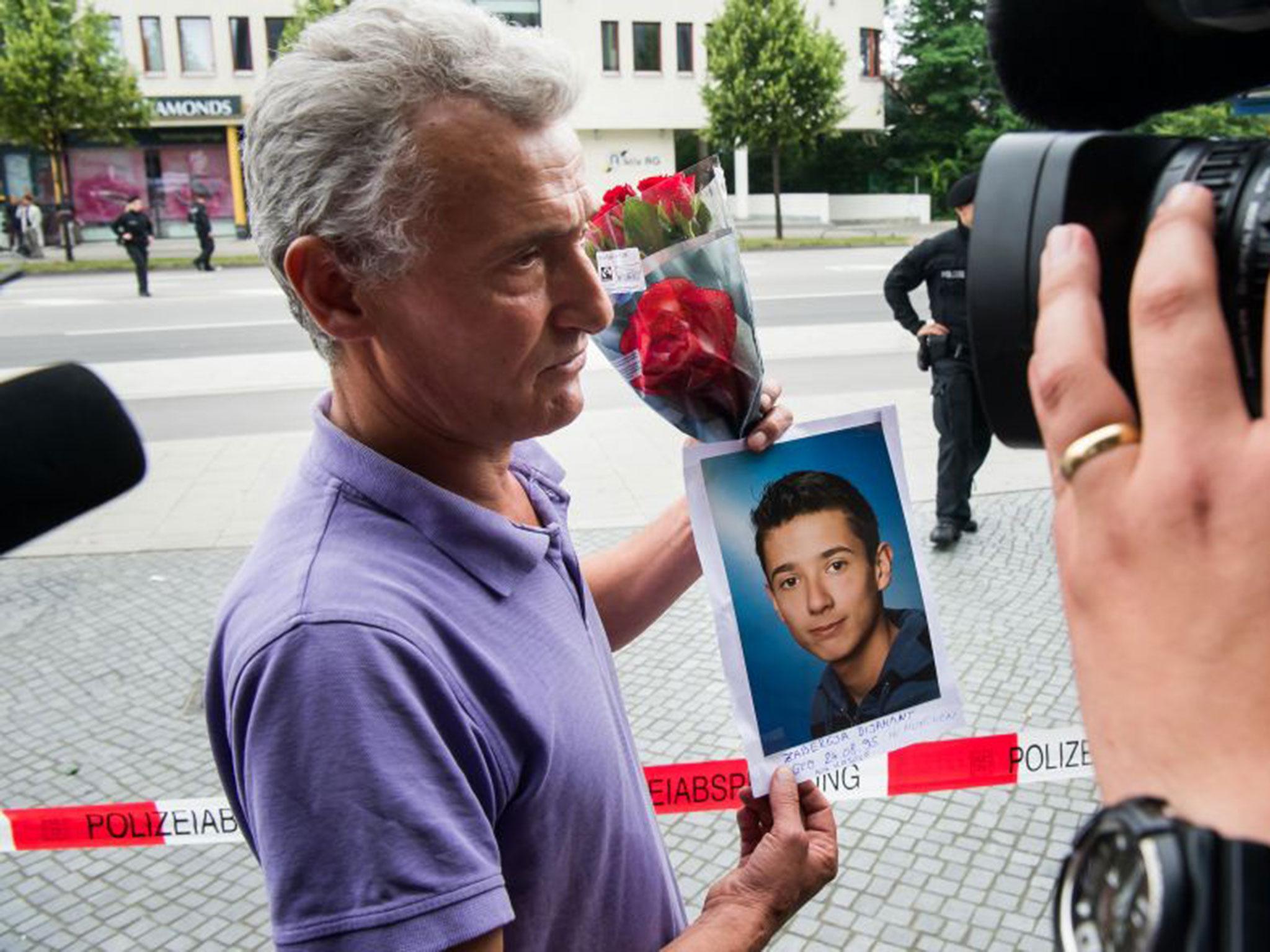It's not Muslims or people with mental health problems who are most likely to kill you in a terrorist attack – it's men
These men were not extremists existing outside of society; they are products of it. Toxic masculinity demands inequality

Mass male violence is everywhere right now. First it was Orlando. Then Nice. And Bavaria. Munich. Kabul. Fort Myers. Sagamihara.
As each massacre is reported, ministers and media leap to unpick each individual attacker’s motivations. Immediately, the snap judgments come out: if they were brown, they were a terrorist. If not, they were mentally ill.
Further probing exposes then their beliefs and contradictions: the Orlando murderer Omar Mateen worked as an armed guard for security firm G4S for nine years; the Sagamihara murderer worked at the care home he targeted but apparently believed disabled people should be euthanised.
As the attacks mount up, the individual profiling descends into morbid freefall and we overlook the most basic commonality: these crimes were all committed by men. In fact, almost all mass murders are committed by men. This is no coincidence.
I will not name these vile, violent men – not just because this would give them the recognition they wanted, but because it’s unhelpful. Instead, we need to name the real culprit: toxic masculinity.
Toxic masculinity is what entitles a man to take a weapon and take other people's lives in the name of his values.
Toxic masculinity enforces the idea that being a “man” means not just being strong, but showing that strength through violence and fear. It means always being the one in control, having power and dominance over others at all times, by any means.
If typical masculinity promotes emotional disconnection – something that men’s mental health charities are already trying to combat - toxic masculinity goes one step further and promotes the absence of empathy altogether. It also promotes the dismissal of anything deemed “feminine”, and the hatred of anything that contradicts heteronormative ideals around what it means to be a “man”.
The easiest way to think of it is to imagine the military. After all, soldiers are paid mass murderers. Different wars, same tactics.
However, toxic masculinity has its roots in the everyday: to prove this, we should look no further than the fact a significant number of these killers were domestic violence perpetrators. Not just these killers, but the majority of mass murderers.
The men who massacre the public are the same men who butcher women privately in their own homes. The same principles of power, control, fear and violence apply: instead of using violence to instil fear in one woman, they scale it up to instil fear across nations. These men walk among us, everywhere, but we only pay attention to their violence when it spills onto our streets.
If we want this violence to stop, we need to address the root cause and its everyday manifestations before they escalate. These men were not extremists existing outside of society; they are products of it. They were men drunk on the entitlement that patriarchal cultures serve them.
They did not impulsively decide to go out and murder large numbers of people; they were fired by a deep, burning desire for control.
Toxic masculinity hinges on having power over others; it demands inequality. As our world becomes more unequal, it becomes more violent. Toxic masculinity exists on political levels: in policing, prisons, immigration detention centres and controlling security measures.
Toxic masculinity finds expression in fascism, sexism, white supremacy, Islamophobia, xenophobia, jingoism, capitalism, homophobia, rape culture and patriarchy, in the glamourisation of military culture. Toxic masculinity finds expression in aggressive fear politics that divides and breeds hate; and as more right-wing, controlling governments take power, we only fuel the fire.
We all want to stop these attacks happening, and preventing this devastating violence depends on our ability to prevent male violence in general. We must dismantle societal structures that entitle, enable and empower men to use violence in all its forms to exert power and control.
But before all this, we need to start recognising male violence for what it is. We need to acknowledge that hateful, toxic masculinity is bred among us in the everyday. We need to start pulling apart and dismantling its roots in male entitlement and structures that promote masculine supremacy. That’s how we can truly address the regularity and scale of these attacks.
Join our commenting forum
Join thought-provoking conversations, follow other Independent readers and see their replies
0Comments